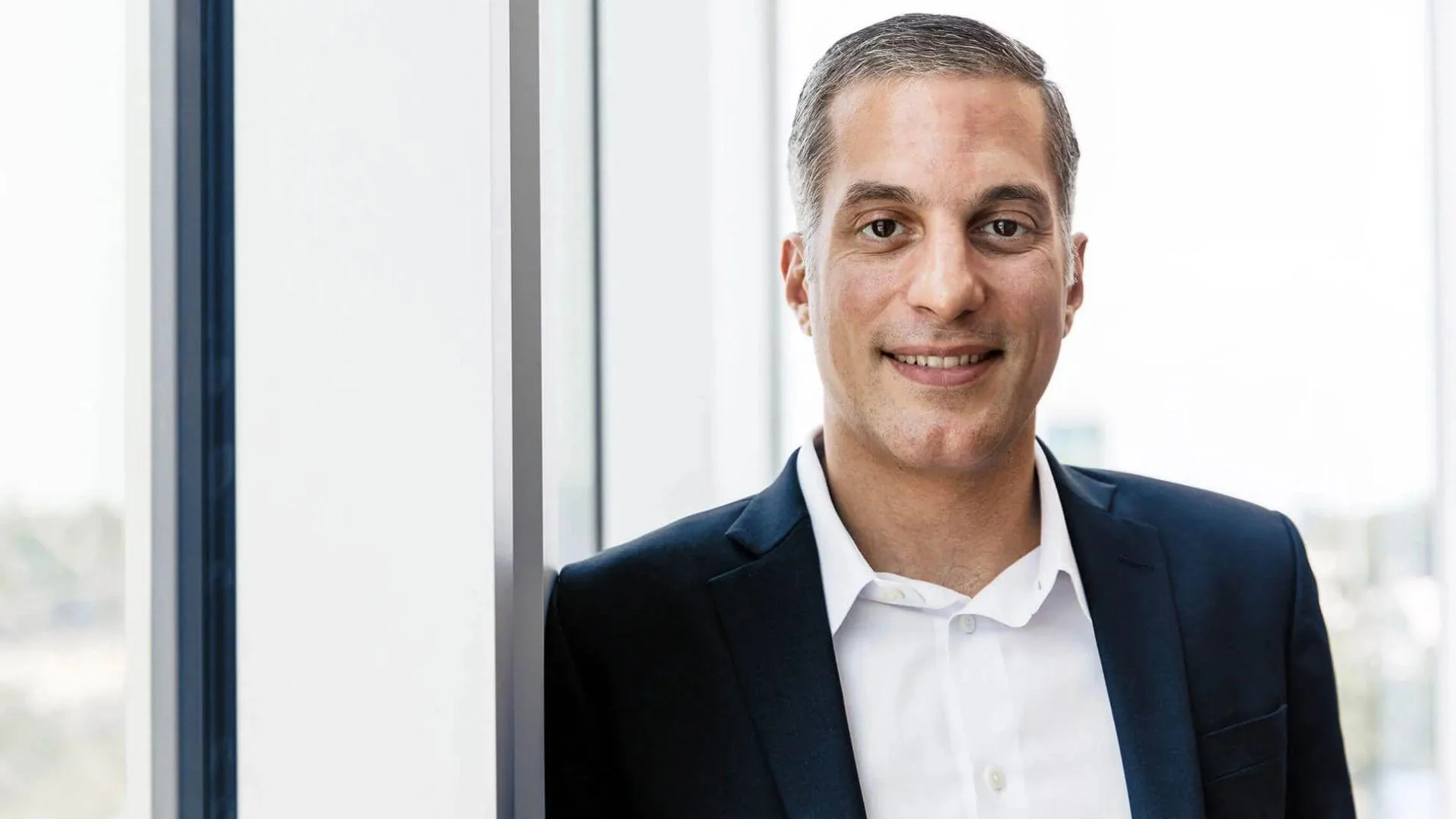Shaun Noorian, CEO of Empower Pharmacy, said that the U.S. pharmaceutical industry distorts global drug markets through excessive lobbying and anti-competitive practices. The statement was made on a podcast.
"We spend about 50% of the world's money on drugs, approximately," said Noorian, according to a video on YouTube. "We make up 4% of the population. One of the best investments you could possibly make is to convince a legislator to create rules that favor your company and stifle competition. We're pretty much subsidizing the entire world's supply chain."
Eli Lilly has increased its legal actions against compounding pharmacies by suing several over the production of unapproved versions of its weight-loss drugs Mounjaro and Zepbound, according to Reuters. In April 2025, a federal judge upheld the FDA’s decision to remove these drugs from the shortage list, effectively preventing compounders from legally replicating them. Critics, including the Outsourcing Facilities Association, argue this decision favors Eli Lilly’s corporate interests over patient access. The case underscores the ongoing conflict between large pharmaceutical companies and smaller compounders.
According to a 2024 RAND Corporation report, the United States accounted for 62% of global pharmaceutical spending in 2022 while consuming only 24% of the world’s total medication volume. This discrepancy is largely attributed to high brand-name drug prices in the U.S., which are nearly five times higher than those in other countries. The data highlights the significant financial burden placed on American consumers by pharmaceutical manufacturers.
The influence of the corporate pharmaceutical industry over U.S. healthcare policy has raised concerns due to its extensive lobbying and campaign contributions. According to Pharma Focus America, pharmaceutical companies rank among the top lobbyists in Washington, spending over $350 million in 2022 alone to shape legislation on drug pricing and regulation. This influence enables policies that favor corporate profits over affordability, contributing to some of the highest drug costs globally. The sector's power also raises ethical questions about its role in public health decisions.
According to Empower Pharmacy’s official website, Shaun Noorian is the founder and CEO of Empower Pharmacy, launched in 2009 with a mission to make medications more accessible and affordable. Trained as a mechanical engineer, Noorian shifted into healthcare to address inefficiencies in pharmaceutical access. Under his leadership, the company has become the nation’s largest compounding and outsourcing facility.











 Alerts Sign-up
Alerts Sign-up